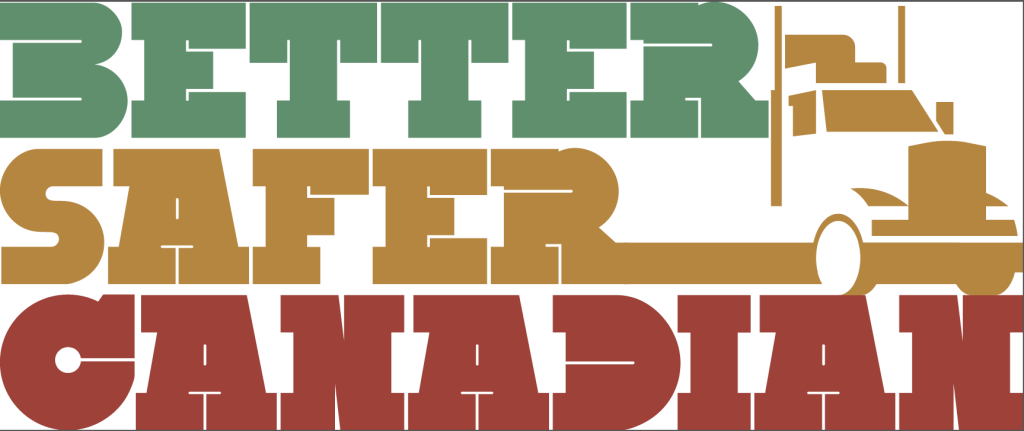
It’s Better. It’s Safer. It’s Canadian.
Animal Health Canada (“AHC”) recently announced a significant update to its Canadian Livestock Transport (“CLT”) certification program, a comprehensive training course for livestock and poultry transporters, shippers and receivers. Enrolment is open now on its newly launched e-learning platform at campus.animalhealthcanada.ca.
Recognized across Canada and the United States, CLT is an easily accessible, standardized online program offering humane animal transportation certification. The update, based on the most recent regulations, revamped the core training materials to make the training program more engaging and user-friendly.
Simultaneously, AHC is launching an awareness campaign named ‘Better Safer Canadian’. The campaign includes a new wordmark in English, French and Spanish, video and other resources aimed at stakeholders in animal transport, underlining the importance of CLT certification.
“Handling and transporting livestock is one tough job,” said Colleen McElwain, Executive Director, Animal Health Canada. “We believe the CLT certification program is the best choice in training, benefiting everyone in the industry from farmers to transporters to consumers.”
Livestock handling and transporting training is not only essential, but also mandated by the Canadian Food Inspection Agency (CFIA) through Part XII of the Health of Animals Regulations.
The Better Safer Canadian campaign focuses on three key messages:
- The new CLT program delivers a better multimedia experience accessible 24-7. You can get certified using their smartphone, tablet or computer.
- Training is also key to safety and CLT training helps both you and the animals.
- CLT is the only program based on Canadian regulations and is valid in the US.
Additionally, the new e-learning platform now features a validation tool to verify CLT certification.
Animal Health Canada is the only national organization that brings together industry, federal, provincial, and territorial partners to provide collaborative guidance on a cohesive, functional, and responsive farmed animal health and welfare system in Canada. •





